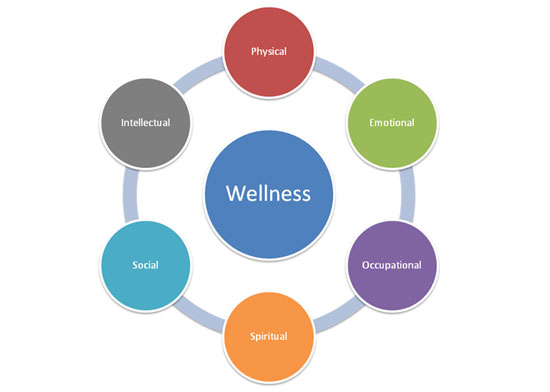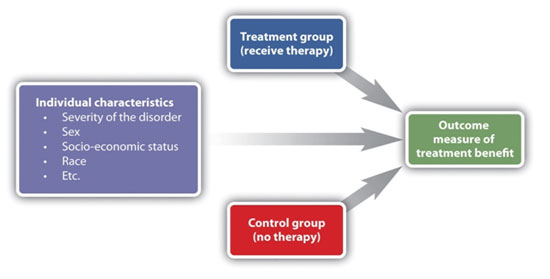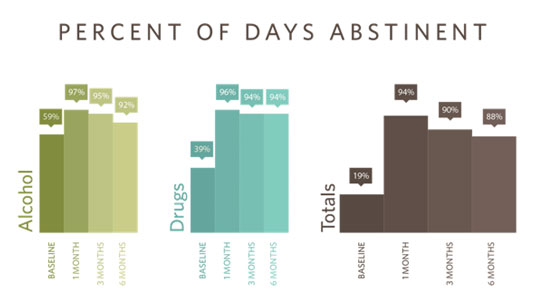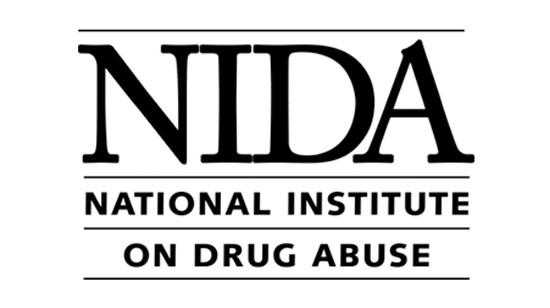Residential treatment
Residential Treatment

Residential treatment programs provide intensive help for youth with serious emotional and behavior problems. While receiving residential treatment, person temporarily live outside of their homes and in a facility where they can be supervised and monitored by trained staff.
Residential treatment can help person and adolescents whose health is at risk while living in their community. For example, the programs are helpful for those who have not responded to outpatient treatments, who have education needs that cannot be met in less restrictive settings at their local schools, or who are in need of further intensive treatment following inpatient psychiatric care.
Effective residential treatment programs provide:
- A comprehensive evaluation to assess emotional, behavioral, medical, educational, and social needs, and support these needs safely.
- An Individualized Treatment Plan that puts into place interventions that help the person or adolescent attains these goals.
- Individual and group therapy.
- Psychiatric care coordinated by a person and adolescent psychiatrist or psychiatric prescriber.
- Involvement of the person's family or support system. Model residential programs encourage and provide opportunities for family therapy and contact through on-site visits, home passes, telephone calls and other modes of communication.
- Nonviolent and predictable ways to help youth with emotional and behavioral issues. The use of physical punishment, manipulation or intimidation should not occur in any residential treatment program.

Figuring out which residential treatment program is the best fit for your person and for your family can be challenging. The following are tips for evaluating residential treatment programs:

- Find and research the programs that are licensed to provide care. States differ in how they license programs, and some programs are accredited by national agencies.
- Check online and with the program to hear about families' and youths' experiences with the program and if possible, speak to a family whose person completed the program. If the program has been reported to state authorities, find out why, and ask about the outcomes of any investigations.
- Seek out programs that are close to home to provide appropriate care for your person if possible. If the program is far from home, be sure that there is a plan for intensive family and community involvement. Be wary of programs that withhold family contact.
- Be sure that the residential program has a method of maintaining safe behaviors, promoting positive behaviors, and preventing aggression. Make sure that punishments and verbal intimidations are prohibited.
- Look for programs experienced in helping youth with similar issues. Also make sure that their treatments are based on therapies that have proven helpful for those with similar issues to those of your person.
- Ask questions of the staff at the program. If staff is unable to answer your questions, they should refer you to someone at the program who can. In addition, be sure to ask how you can monitor your person's progress. You should be able to find out about how your person is doing at any time.
- Ask the therapist or psychiatrist who works with your person in your community for his or her view on potential programs, and to help you obtain more information. Put addiction behind you and Begin Your Future

The Elements of Residential Treatment
- Medically Supported Detoxification and Withdrawal
- Medically Supported Maintenance
- Comprehensive Therapy
- Cognitive Behavioral Therapy
- Family or Couples Counseling and Education
- Cognitive Behavioral Therapy
Most experts assert that the drug hospice program type that is most likely to help individuals maintain long-term recovery is residential treatment.
In fact, a recent study from the Indian Patient Pathways National Project demonstrated that, of the various types of treatment programs, residential care was one of the most likely to result in higher rates of continued recovery from addiction.
While certain addiction cases, such as those with less severe or short-term addictions, may be sufficiently treated with outpatient treatment, severe or long-term instances of addiction most frequently necessitate residential care. However, not all residential programs are the same, and a person struggling with drug or alcohol addiction may not know what the ideal residential treatment program looks like.

According to the National Institute on Drug Abuse (NIDA), a combination of medically supported treatments and various types of therapy make up the approach most likely to result in the outcome and long-term maintenance of recovery.
The components of these treatments as used in a residential setting are outlined below to help individuals who are seeking help with their addictions, or their loved ones, to find the residential treatment program most likely to support them in their journey. The environment and support you need for recovery.
